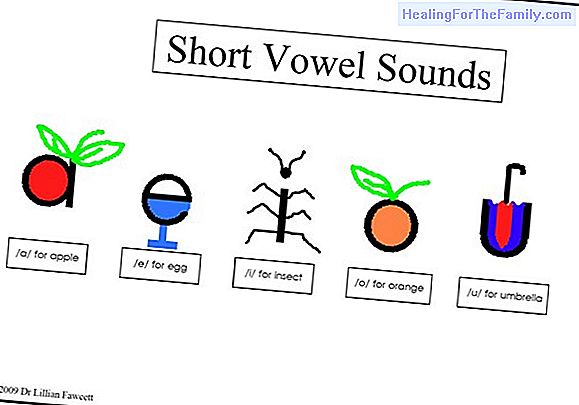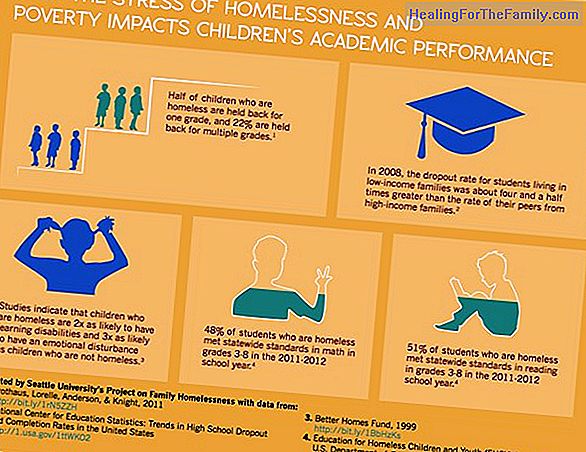How to help the child overcome the loss of his pet
For children, pets are more than just animals: they are your best friends and an integral part of your family. Children often find in their pet the company and comfort they need at times when they feel sad, lack of attention, when they are sick, etc. That is, pets are able to give children many mome
For children, pets are more than just animals: they are your best friends and an integral part of your family. Children often find in their pet the company and comfort they need at times when they feel sad, lack of attention, when they are sick, etc. That is, pets are able to give children many moments of joy.
Unfortunately, nothing is forever and at some point in life you will feel the pain of your loss because of the animal's longevity or illness. This moment can be very difficult for the little ones. How can we help overcome the death of your pet?
Tips to help the child overcome the death of his pet

The desire of parents is to protect children from painful experiences, but it is not always possible. The death of the pet can be a traumatic moment for the little one. It may be the first time the child faces death and the loss of a loved one. Therefore, adults must be sensitive when dealing with this situation because with our support in the grieving process children can learn to face other losses they have in their lives.
Adults should help the child accept that death with love and patience. Comfort and provide all the love you need and also:
- The most important thing is the child's age. The smaller the children the less they will understand what has happened. Between 3 and 5 years, do not understand what death means and think that the event will be temporary and that the animal will return. Between 6 and 8 years old, they already understand this situation and its consequences. Nearly 10 years old understand death as a totally irreversible fact. Thus, it will be important to adapt the speech but without lying at any time and making it clear to the child that the pet will not return.
- Be clear and sincere. Although the truth is sad, it must be clearly stated, so as not to confuse him. Children accept this type of experience better when they are given sincere explanations, adapted to their level of understanding and allowed to express their pain. Give vague answers, avoid answering, or tell them "pious lies" such as saying that the pet "is sleeping" only generate confusion in the children and can be counterproductive.
- Let the child express his feelings. It is normal for you to miss your pet, feel angry or jealous of your friends' pets, it is part of the duel that has to happen.
- Remember the pet. In moments of nostalgia it is good to talk about the pet. Talk about the moments lived with her.
- Go preparing for the event. If the adults know that the animal will die in a short time due to advanced age or illness, it is good that the fact be discussed with the children, so that they can express their feelings and be able to say goodbye to the pet.
- It is not advisable to replace the animal immediately. The child must grieve for a few days. The child will be the one who will say when he / she is willing to start another relationship with a new pet.












